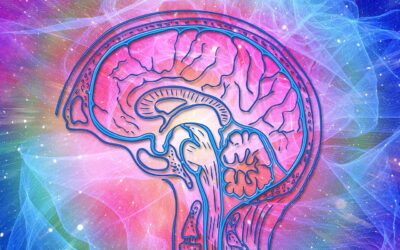What is Artificial Intelligence? An In-Depth Exploration

Artificial Intelligence (AI) has become a buzzword in tech circles and boardrooms alike. But what exactly is AI, and why does it matter for businesses? This article digs into the fundamentals of AI, its current applications, and its potential to reshape industries.
Decoding AI: The Basics
AI refers to computer systems designed to mimic human intelligence. These systems can learn from experience, adjust to new inputs, and perform human-like tasks. AI encompasses several key technologies:
- Machine Learning: Algorithms that improve through experience without being explicitly programmed.
- Deep Learning: A subset of machine learning using neural networks with multiple layers.
- Natural Language Processing: Enabling computers to understand, interpret, and generate human language.
- Computer Vision: Allowing machines to derive meaningful information from digital images or videos.
AI in Action: Current Business Applications
Across industries, AI is already making its mark:
Retail and E-commerce
AI powers recommendation engines, helping companies like Amazon suggest products based on a user’s browsing and purchase history. This personalization can significantly boost sales and customer satisfaction.
Manufacturing
Predictive maintenance systems use AI to anticipate when equipment might fail. This proactive approach reduces downtime and maintenance costs, improving overall operational efficiency.
Financial Services
Banks and credit card companies use AI for fraud detection. By analyzing patterns in transaction data, AI systems can flag suspicious activities in real-time, protecting both the institution and its customers.
Healthcare
AI assists in diagnosing diseases and analyzing medical images. Some AI systems have shown the ability to detect certain cancers with accuracy rivaling that of human experts.
The Business Case for AI
For companies considering AI adoption, the potential benefits are compelling:
- Increased Efficiency: AI can automate routine tasks, freeing up human workers for more complex, creative work.
- Enhanced Decision-Making: By analyzing vast amounts of data quickly, AI can provide insights to inform strategic decisions.
- Improved Customer Experience: AI-powered chatbots and personalization engines can provide 24/7 customer service and tailored experiences.
- New Product Development: AI can help identify market trends and customer preferences, guiding product innovation.
Challenges and Considerations
While the potential of AI is vast, its implementation comes with challenges:
- Data Quality and Quantity: AI systems require large amounts of high-quality data to function effectively.
- Skill Gap: Many organizations lack the in-house expertise to implement and manage AI systems.
- Ethical Concerns: Issues like AI bias and data privacy need careful consideration.
- Integration with Existing Systems: Incorporating AI into legacy IT infrastructure can be complex and costly.
The Road Ahead: Future of AI in Business
As AI technology continues to advance, its impact on business is expected to grow. Some potential developments include:
- More Human-Like Interactions: Improvements in natural language processing may lead to more sophisticated AI assistants and chatbots.
- Autonomous Decision-Making: In some areas, AI might move from assisting human decision-makers to making decisions independently.
- Augmented Intelligence: Rather than replacing humans, AI may increasingly work alongside them, enhancing human capabilities.
Research suggests that AI could add up to $15.7 trillion to the global economy by 2030. This potential makes it crucial for business leaders to understand and prepare for the AI-driven future.
As AI continues to grow, staying informed about its capabilities and limitations will be key for businesses looking to harness its power responsibly and effectively.









